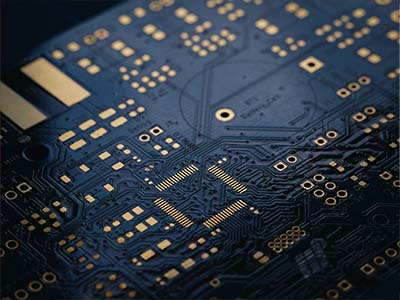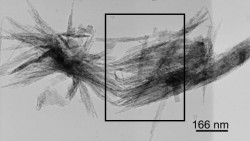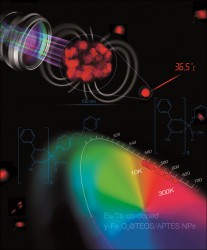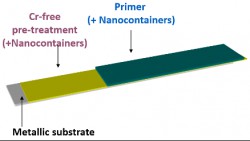Abstract
The present invention describes the production process to obtain porcelain stoneware tiles with antibacterial action. The material promotes the bacteria’s death, while all the other required technological characteristics, particularly the chemical resistance and anti-staining properties, are assured. The product is made from a porcelain stoneware paste with a black ceramic pigment containing iron and chromium in its composition; the deposition, by jet spraying, of a small layer of a transparent glaze (typically used to enhance the surface characteristics) and the firing schedule is similar to that used to obtain similar products. Once fired, a chemical (sodium nitrate and silver nitrate solution) and thermal (at 4300 ºC) treatment is optionally carried out. Under optimized conditions the material shows effective antibacterial action: killing of 77% S. Aureus bacteria and 81% E. Coli bacteria, i.e., the survival percentage of the tested bacteria is only about 20%.
Innovative aspects & main advantages
The present invention describes the production process to obtain porcelain stoneware tiles, for use as floor or wall coating, with excellent antibacterial properties. The technical features associated with this type of material (high chemical and deep abrasion resistance and anti-staining properties) are not affected.
The novelty of this product comes from the combination of the ancient knowledge about the antibacterial effect of some heavy metals (e.g. Ag, Fe, Cr), and a high performance building ceramic material. Moreover, part of the anti-bacterial action is achieved only by using ceramic pigments, a raw material commonly utilized in this type of product in order to obtain aesthetic effects, for which the antibacterial action was never reported.
Applications
The potential industrial sectors for this invention are the wall and floor ceramic tiles producers, in particular the porcelain stoneware tiles manufactures. The industrial production of the developed product does not require any equipment beyond that which these plants typically have.













